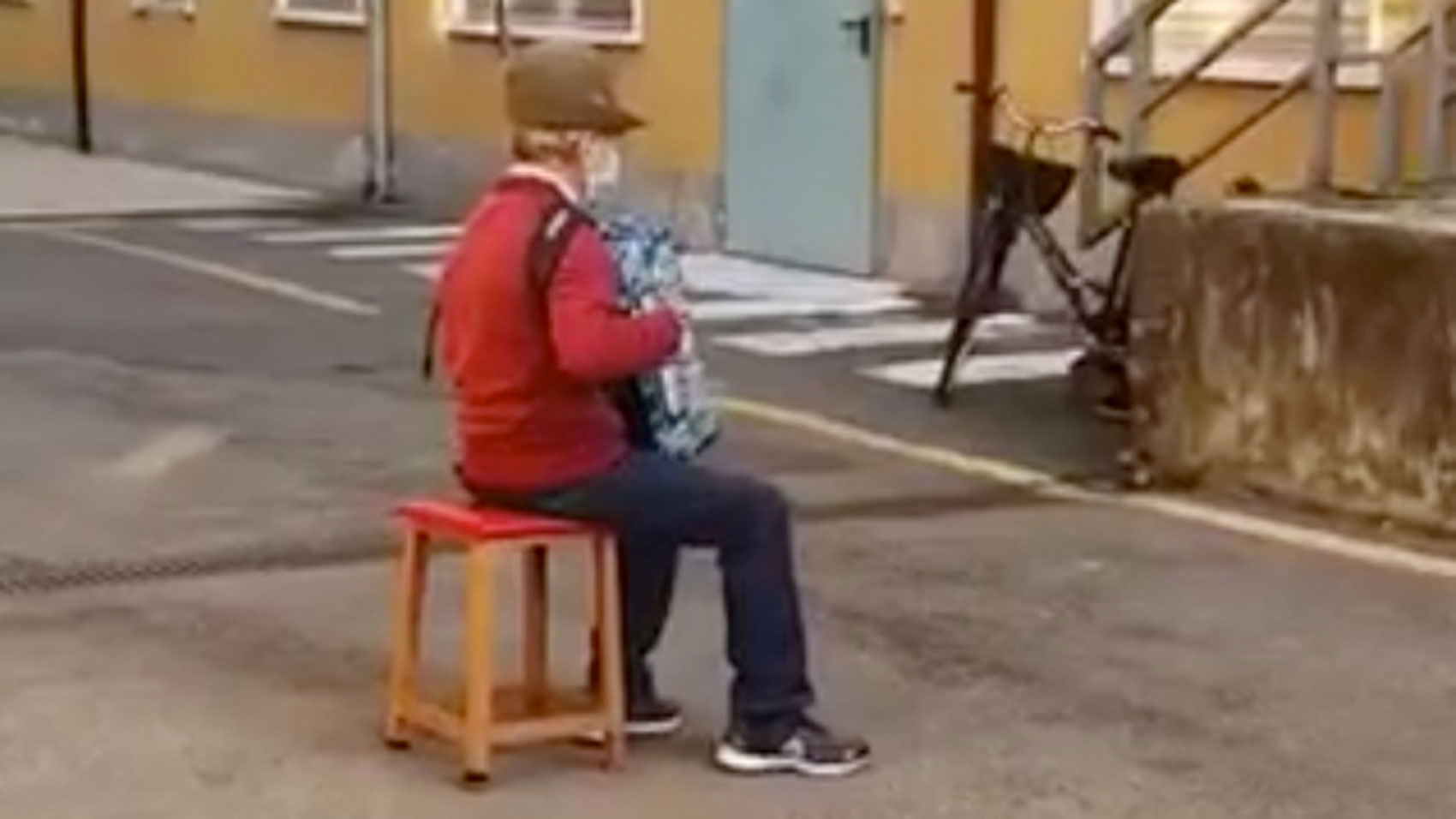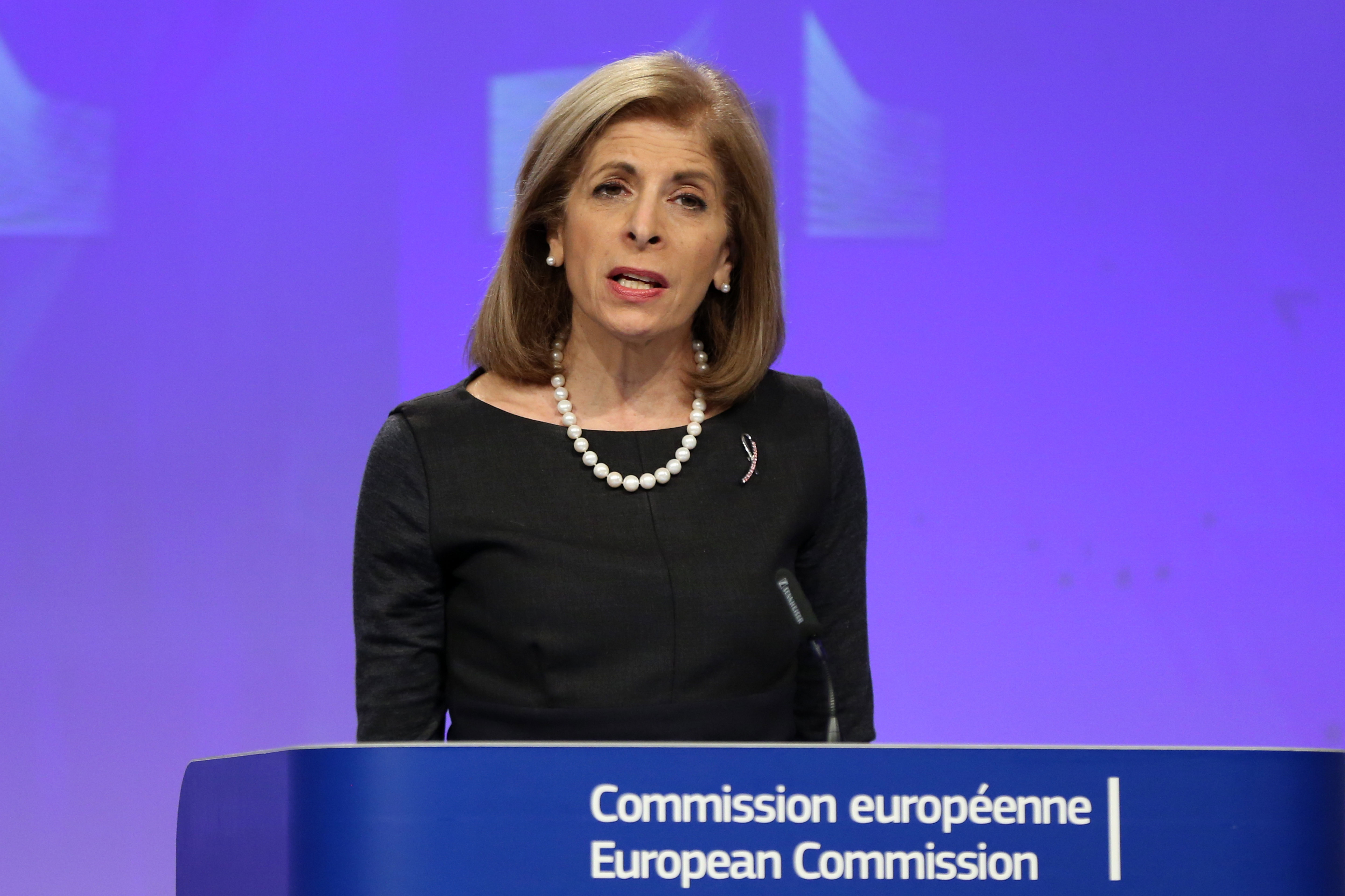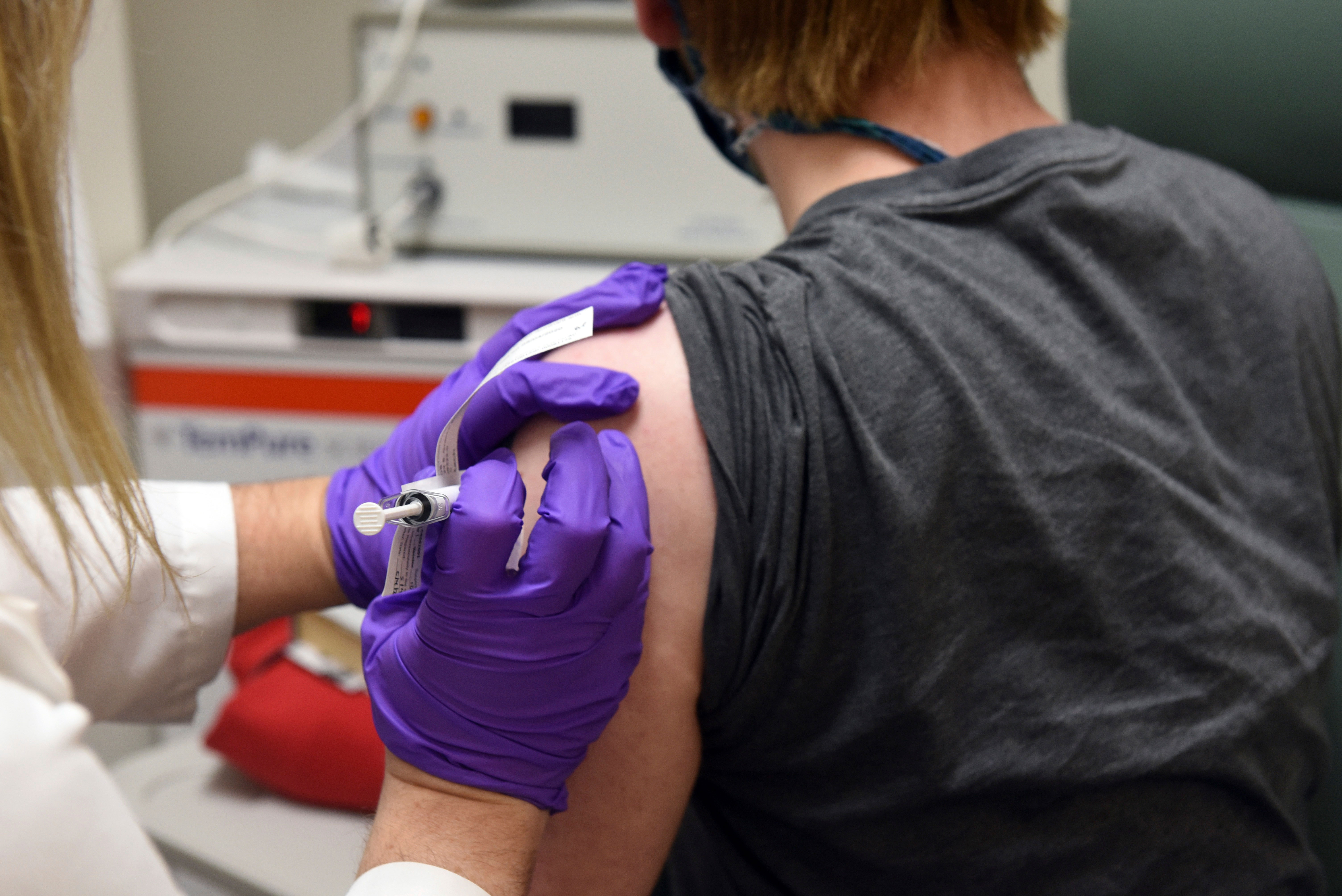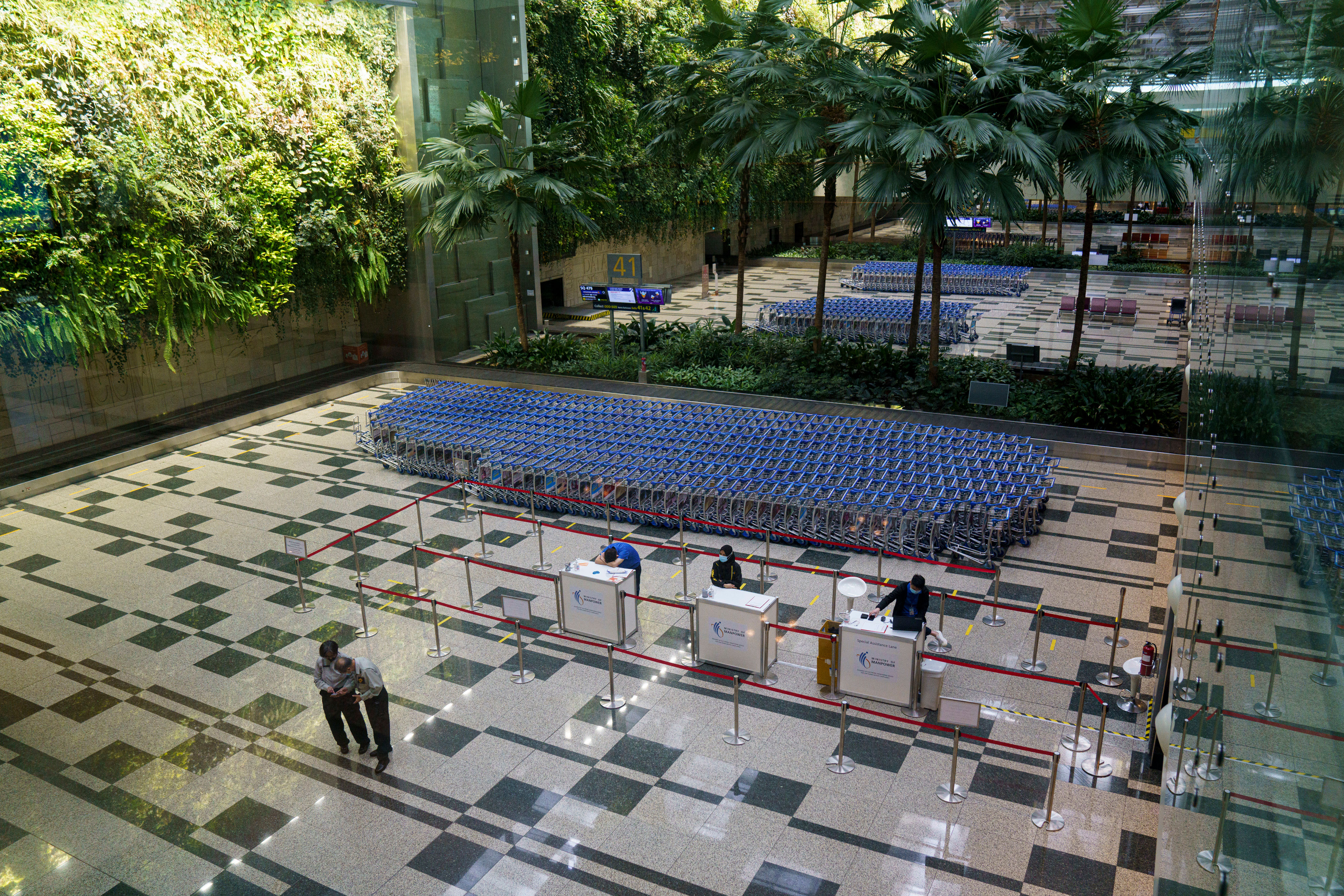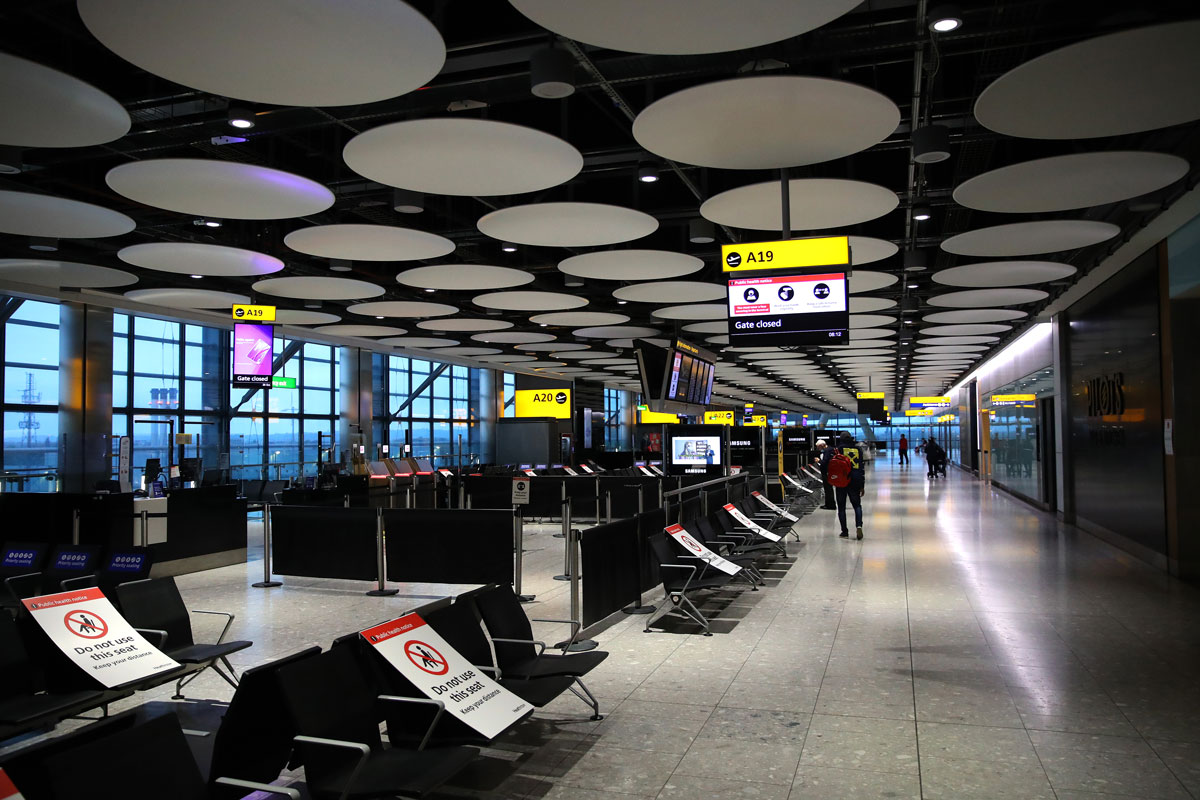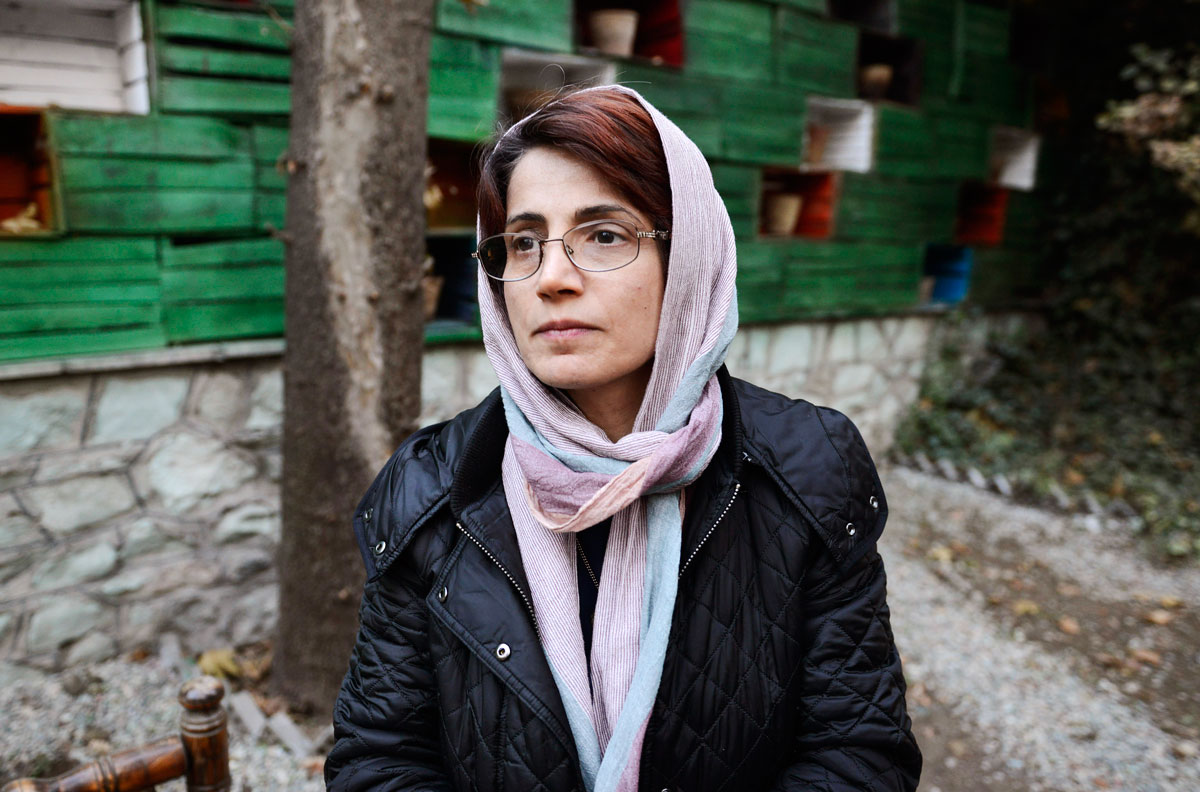
Russia’s sovereign wealth fund said Wednesday that early analysis of data from its Sputnik V coronavirus vaccine suggests it is 92% effective.
The interim analysis came after 20 confirmed Covid-19 cases among Phase 3 trial participants who received the vaccine or a placebo, according to a press release from the Russian Direct Investment Fund (RDIF).
The RDIF, which funded vaccine production and is responsible for selling it globally, said more than 20,000 people have received their first dose of the vaccine as part of the Phase 3 trial, and 16,000 participants have received the second dose.
Russia's announcement follows Pfizer and BioNTech’s announcement on Monday that their Covid-19 vaccine was more than 90% effective. However, Pfizer’s interim analysis was based on more than 90 confirmed coronavirus cases among trial participants. Pfizer said Monday it had enrolled 43,538 participants in its Phase 3 trial and 38,955 volunteers have received a second dose. The vaccines are different; while Pfizer’s is based on a messenger RNA platform, Russia’s is based on an inactivated adenoviral vector.
According to RDIF’s news release, no unexpected adverse events were identified during the Phase 3 trial. Some who received the Russian vaccine had short-term minor adverse events such as pain at the injection site, flu-like syndrome including fever, weakness, fatigue and headaches.
The Russian Phase 3 trial will continue for six more months and data from the trial will be published in an international medical journal following a peer review, RDIF said in a statement.
The RDIF told CNN that Russia will publish clinical trial protocol for Sputnik-V in November and the next interim analysis will be at 39 coronavirus cases.
Separate from the ongoing Phase 3 trials, in September the vaccine was first administered to a group of volunteers from the “red zones” of Russian hospitals. Ten-thousand vaccinated volunteers, including medics and other high-risk groups, were observed, RDIF said, and “confirmed the vaccine’s efficacy rate of over 90 percent.”
Russia drew criticism when it announced the world's first approved coronavirus vaccine for public use in August -- even before crucial Phase 3 trials had been completed.
Results from the first human tests of Sputnik V were published in The Lancet in September. Only 76 people were involved in the trial -- too few to determine if the Russian vaccine was safe and effective. But the peer-reviewed report said there were only mild adverse effects reported and the vaccine triggered an immune response in trial participants.
